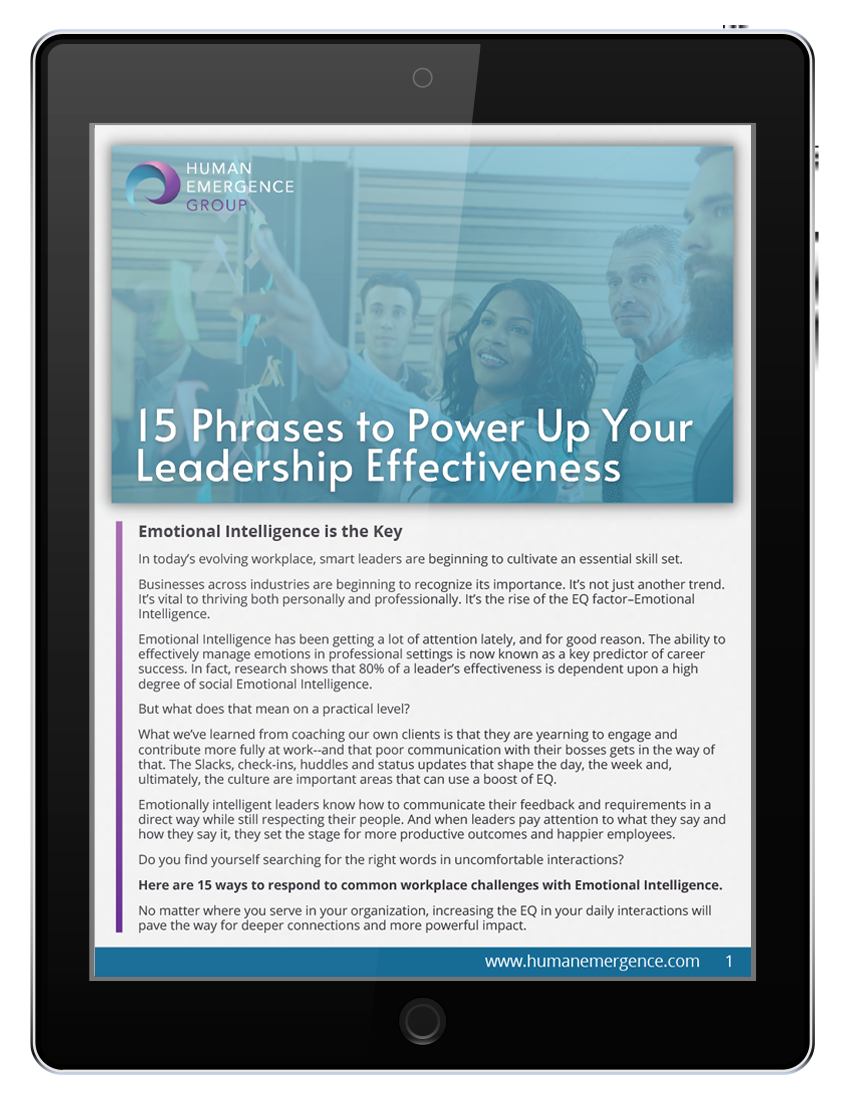Every business leader aims to drive a high-performing sales team. No matter what a company’s vision of “success” is, there are specific ways to uplevel a sales team’s output. One key strategy is to work with the sales team to optimize those competencies relevant to their sales performance.
In some cases, team members will come to the table already possessing these competencies. In other situations, managers and team leaders have an opportunity to help their salespeople hone them.
Competencies, Defined
Competencies are the behaviors and traits that differentiate high performers. It is important to understand what the most important competencies are, how to assess and evaluate them, and how to implement programs and processes to improve those competencies among your sales team.
While every industry has its own needs, there are sales competencies that cut across all types of businesses. Assessing your sales team on these competencies and developing them within your team brings about a positive and significant impact on sales.
Some business leaders focus more on aspects like “foundational sales knowledge” or “willingness to learn.” There’s nothing wrong with that. Yet, there’s great value in delving deeper into competency building. The following represent six of the most imperative competencies in the sales environment. Each applies to both sales team members and leaders.
1) Social and Emotional Intelligence
Almost every sales position involves interactions with customers, prospects, and individuals in different areas within your organization. As a salesperson, being aware of what is going on within yourself is essential for thriving throughout the sales process.
Your own emotions—basic emotions such as fear, hurt, anger, sadness, and joy—demand recognition. If you’re feeling fear (you may call it “anxiety”), you’ll want to ascertain and evaluate what danger might be in the current situation. Fear is the emotional signal of potential danger. You will want to analyze the risks that are present and take appropriate action to address those risks. Ignoring your fear or anxiety can be costly. Keep in mind, this skill of emotional awareness is relevant for every emotion you feel—whether you perceive it to be positive or negative.
As a salesperson, you also need to be aware of what is going on within your customers, prospects, or internal relationships. This may involve asking questions. It may require reading facial expressions or picking up on tone of voice, in order to get a sense of what the other person is feeling and how they are responding. Social intelligence also includes understanding organizational and team dynamics. For example, knowing who makes decisions and who are key influencers is critical to the sales process.
2) Relationship Building
Relationship building is an essential skill for sales success. While social and emotional intelligence is a key aspect of relationship building, this competency involves much more. It includes developing rapport with many different kinds of people at many different levels in the organization. Relationship building involves maintaining an appropriate frequency and level of contact with people to continually build a relationship of care and trust.
In many businesses and industries, relationship building includes forming those bonds in scenarios where you are a trusted advisor. In these relationships, people know and trust you are operating in their best interest—whether or not it serves your immediate interest. Often, this is the highest level of relationship to which salespeople aspire. In most industries, the quality of your relationships has a direct (and significant) influence on your sales success.
3) Customer Focus
Customer satisfaction is important to success in every industry. Customer focus includes actively listening to customers’ and prospects’ needs. It means giving priority to meeting their expectations and effectively balancing quality, cost, and timeliness of service. Customer focus also encompasses building, managing, and developing customer relationships with a long-term focus.
Salespeople with high customer focus listen to their customers, understand their perspectives and their pain, identify their needs, and respond appropriately. A weak proficiency in customer focus results in customer needs not being identified and thus not met.
4) Activity Management
Activity management includes setting activity goals and tracking key sales tasks to maximize productivity and achieve results. In the business environment, there is a correlation between sales activity and outcomes. The more dials, conversations, meetings, and proposals you have, the greater sales results you elicit.
Behaviors related to this competency include keeping track of daily, weekly, and monthly activity for each step of the sales cycle. It includes using a customer relationship management (CRM) tool or other process to monitor account activity in order to identify and prompt next steps in the sales process. Having standards and goals for key sales activity helps achieve revenue and profitability objectives. At the highest level, the activity management competency is demonstrated by modeling, resulting in greater overall team performance.
5) Business Acumen
Business acumen is the ability and practice of using your knowledge of the business environment to drive sales results. This encompasses many aspects of business: understanding basic financial concepts such as profit and loss, balance sheets, cash flow, etc., being intelligent about markets and the competitive environment in which your prospects and customers live, having a good grasp on your competition and understanding the value proposition you offer.
When skilled in business acumen, you can clearly identify the key success factors and risks associated with your clients, prospects, and their industries. You recognize the buying criteria your customers use in their decision-making process and understand how decisions are made (and who makes them). At its best, business acumen includes the ability to provoke thought leadership discussions with client executives so you help them to be as successful as they can be.
6) Penetrating Territories and Accounts
Outstanding salespeople excel in penetrating and expanding customer accounts to maximize revenue, profitability, and top-quality service to customers. There are many different behaviors and actions that contribute to the effective penetration of territories and accounts. These include:
using effective tracking tools such as your CRM
obtaining high quality market research
growing awareness of customer issues and industry trends
developing strategies for each major customer
identifying approaches for new potential customers
Relationship building comes into play here as well. Forming relationships at multiple levels within organizations is essential to the long-term maintenance of client relationships—which ultimately contributes to territory and account expansion.
Improving Competencies is a Win-Win for Sales Teams
By assessing and developing these competencies in your sales team, you can expect almost every aspect of the sales process to improve, resulting in more sales, better pricing, and higher profitability. If it seems like a tall order, don’t despair.
At the Human Emergence Group, we work with leaders to assess the gaps in sales performance and identify the competencies that are relevant for their business. Often, small adjustments are enough to optimize the sales team’s competencies and thus drive results. If you’d like to learn more about how it can help your company, or any element of effective leadership, we’d love to talk to you! Schedule a free consultation today.








